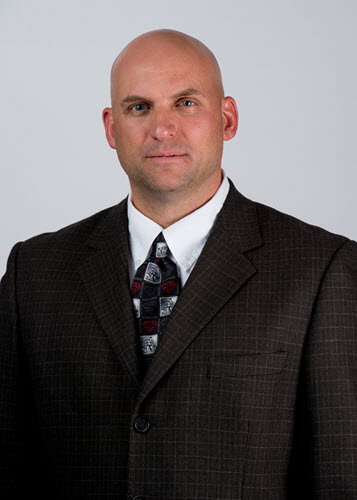By James Hess, Ph.D. | 04/13/2021
Intelligence analysts are charged with a difficult and challenging mission – to analyze current threats and to predict future threats. The good thing is that there is help in this mission, a discipline known as critical thinking.
Critical thinking is defined as “disciplined thinking that is clear, rational, open-minded, and informed by evidence.” One might think that given their position and training, intelligence analysts are natural critical thinkers. To a certain extent, that is correct, but critical thinking is difficult and requires a lot of practice to do it well.
The Two Schools of Thought About Critical Thinking
While critical thinking has developed considerably over the past decade, there are still two predominate schools of thought about this discipline. The first is The Foundation for Critical Thinking, founded by Drs. Richard Paul and Linda Elder. They have been studying and evaluating critical thinking processes for many years.
They represent the first school of thought: that critical thinking is a “process for taking charge of and responsibility for one’s thinking.” This process provides methods for how to think through problems by using techniques such as flexible and agile thinking, questioning assumptions, and criterion-based judgment.
Paul and Elder represent a holistic approach to applying critical thinking to our thought processes. In turn, these techniques inform the thought process by enabling improved analysis through their critical thinking framework: elements of thought, intellectual standards, and intellectual traits.
The other predominate school of thought for critical thinking is represented by former dean of the College of Arts and Sciences at Santa Clara University and provost of Loyola University Chicago, Dr. Peter Facione. His seminal work, “Critical Thinking: What It Is and Why It Counts” is the result of three decades of research.
Facione argues that domain-specific application of cognitive skills produces more effective critical thinking. This means that critical thinking can provide significant improvement of one’s thinking when it is applied to processes and procedures within a discipline; that is, specificity of thought rather than improving general thought.
Facione identified six cognitive skills that can be applied to any discipline to improve critical thinking. They are:
- Interpretation
- Analysis
- Inference
- Evaluation
- Explanation
- Self-regulation
During my Ph.D. work, I developed a process that applied Facione’s six cognitive skills to intelligence analysis. I called this process Critical Thinking Applied to Intelligence Analysis Process (CTIAP). The overall concept of CTIAP is that by developing a critical thinking framework and applying it to intelligence analysis, intelligence reporting can be evaluated more efficiently and effectively. In return, this could result in improved analysis and assessments.
After developing this process, I tested its effectiveness in my dissertation, “Improving intelligence in a counterinsurgency or counterterrorism environment through the application of a critical thinking-based framework.” My findings concluded that, indeed, analysis and assessments can be improved through the application of CTIAP.
American Military University currently offers two classes at both the undergraduate and graduate levels in intelligence analysis – INTL 402 and INTL 508. In both classes, students are taught critical thinking approaches. They can also pursue their own evaluation of critical thinking frameworks applied to intelligence analysis in the Bachelor’s Senior Seminar in Intelligence Studies, the Master’s Capstone or the Doctorate of Strategic Intelligence (DSI).
Critical Thinking is Useful in All Aspects of Life
Critical thinking can be useful in all aspects of life. Regardless if one defers to Paul and Elder’s critical thinking model or Facione’s domain-specific applications of critical thinking, studying and applying these cognitive skills can be useful for any process. Intelligence analysis is challenging, albeit critically important, and leveraging critical thinking skills can improve the most seasoned of analysts.

Dr. James Hess is a professor of intelligence and terrorism studies with American Public University. He holds an associate degree in intelligence operations studies from Cochise College, a bachelor’s degree in general studies from Northwestern State University, and a master’s degree in liberal arts from Louisiana State University.
Dr. Hess also earned a Ph.D. from Louisiana State University, where he studied improving analytical methodologies in counterinsurgency and counter-terrorism environments. He is also a fellow and affiliated faculty with the University of Arizona’s Center for Middle Eastern Studies where he researches Islamic jurisprudence and its impact on terrorism.